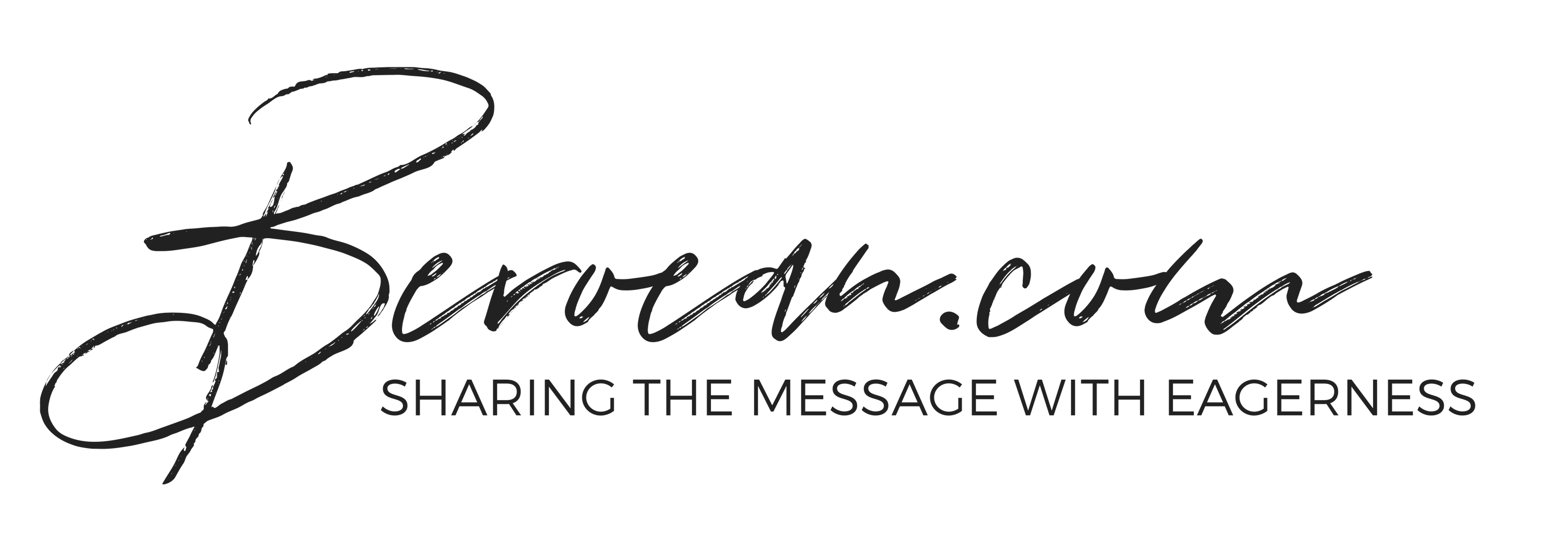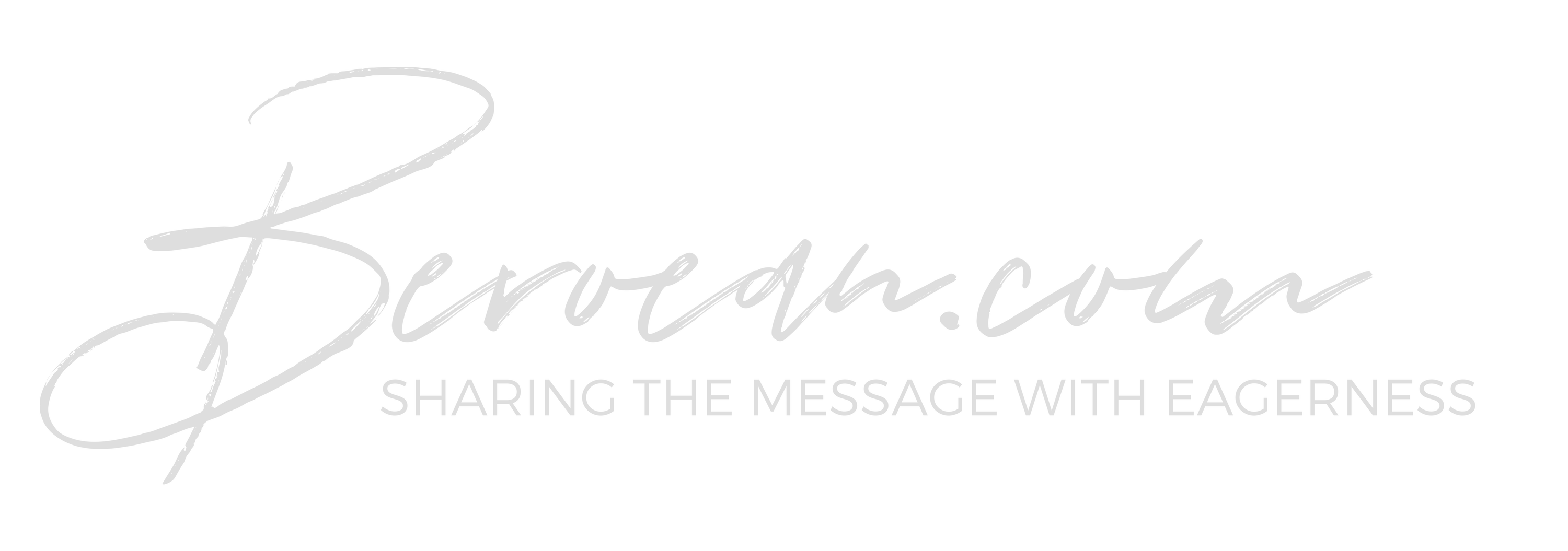Friendship with God
I listened recently to David Woods speaking about what friendship with God really means; amazingly, it includes being brought into his confidence (Ps. 25:14). For example, God’s friendship with Abraham was seen in him not holding back his plans from Abraham (Gen. 18:17). For the Lord and his disciples, it was seen in his making known to them all that the Father had shown him (Jn. 15:15). The reality is that an active relationship with God today expresses itself in the reading and enjoyment of God’s Word. That is where he will reveal his character and purposes to us and draw us deeper into friendship.
That’s the motivation for reading and study: do I want to know God? If your answer to this isn’t “yes!”, you will need to cultivate that attitude first by spending time contemplating what he has done for you. Once your answer is “yes”, then you’ll understand that there is nothing more important or more exciting than this. So throw yourself into it! Dive in. Dig deep.
As far as a summary of the specific study tools you can use goes: read a version (or versions) you are comfortable with; have a reliable commentary to help if you need it; have a Hebrew/Greek dictionary to make sure you understand more of what the writer meant; use the cross-references to study the use of words and ‘compare scripture with scripture’.
Seeing the bigger picture
But let’s focus here on a long-term strategy. Read your Bible and get to know it (hint: reading it is the only way to get to know it). This takes time and discipline – but the outcome is knowing God!
Getting to know the overall story of the Bible is important. I don’t think I had that broad picture as a young person. Having a grasp of the broad arc of scripture helps you to interpret what you are reading in the light of the whole. Think of your understanding of the Bible as a jigsaw puzzle made up of coherent and interconnected/interlocking narratives and truths. If you know what the overall picture looks like, you’ll have a good idea where the piece you are holding (ie a passage you’ve just read) fits into it. Straightforward reading (which I wholeheartedly encourage) becomes study when you start to drill deeper than the passage you are reading at that moment to find out where and how the piece fits into the rest of the jigsaw.
Study is an exercise of the mind. Use your mind: God gave it to you so that you could use it to know him. You’re made for this! Try to remember/retain the things that you learn from scripture (otherwise you’ll always feel like you’re starting from scratch, which can be demoralising). Putting things in their context is a well-known technique for memory recall, which is why it’s easier to retain what you are reading if you can place it in a developing picture of interconnected and coherent truths – that is, seeing what you are reading in light of the whole.
Work on it. Paul’s encouragement to Timothy was ‘pay attention to the reading of scripture… take pains with these things; be absorbed in them, so that your progress will be evident to all’ (1 Tim. 4:13-15).



